Made in…?
The first attempt by a private Chinese company to send a rocket into space has failed.

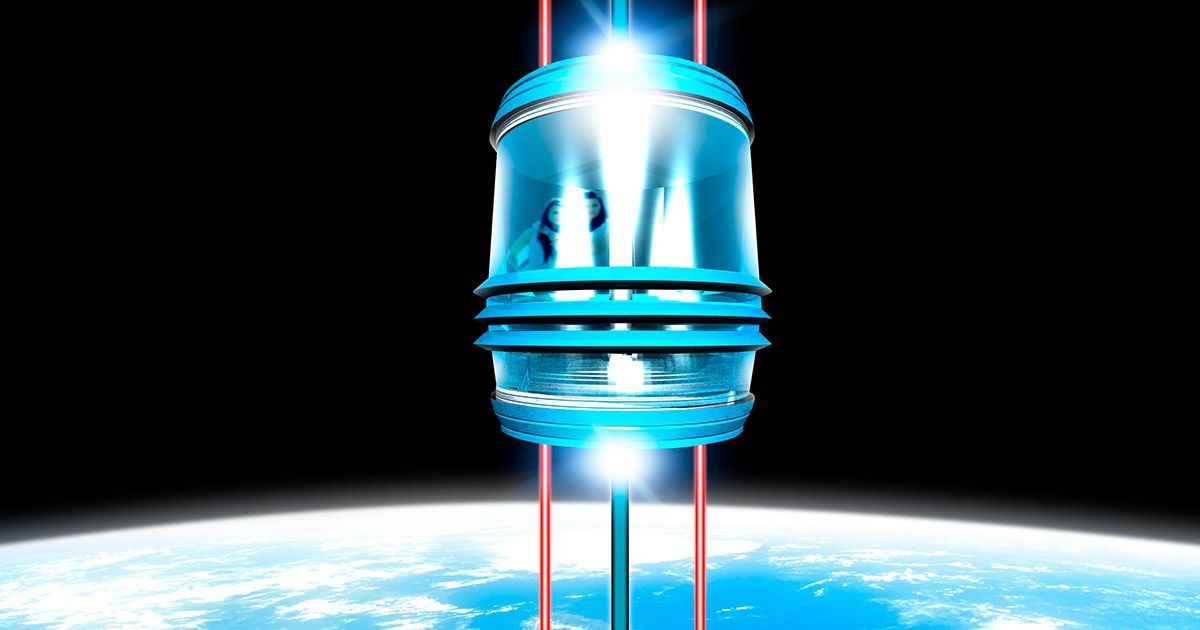
A recent discovery.
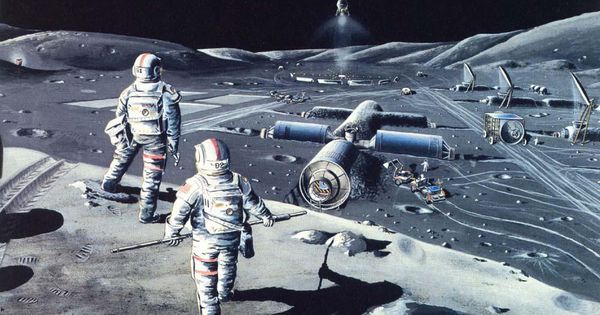
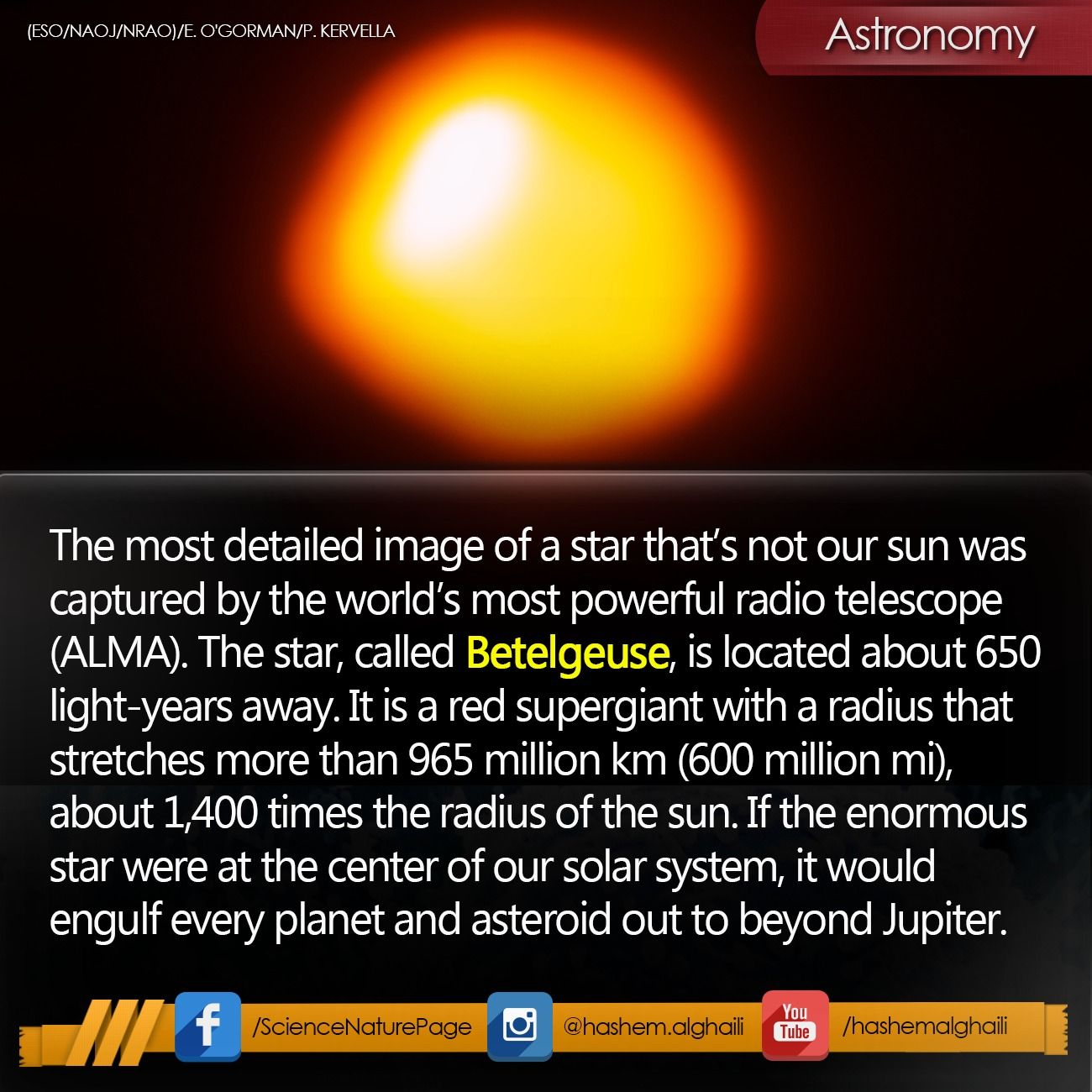

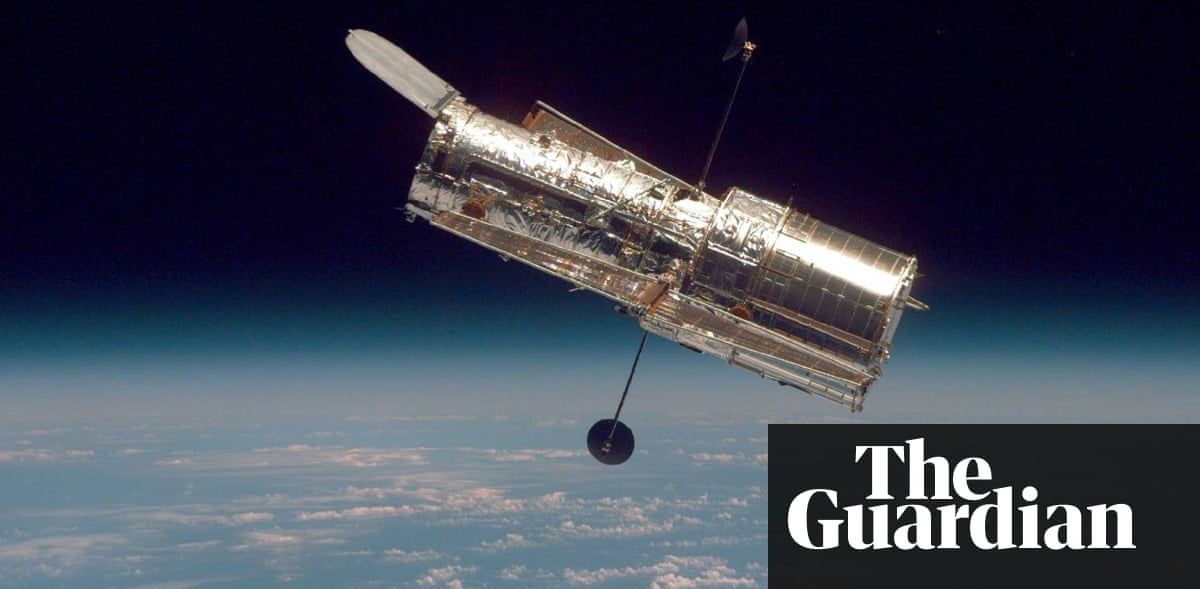
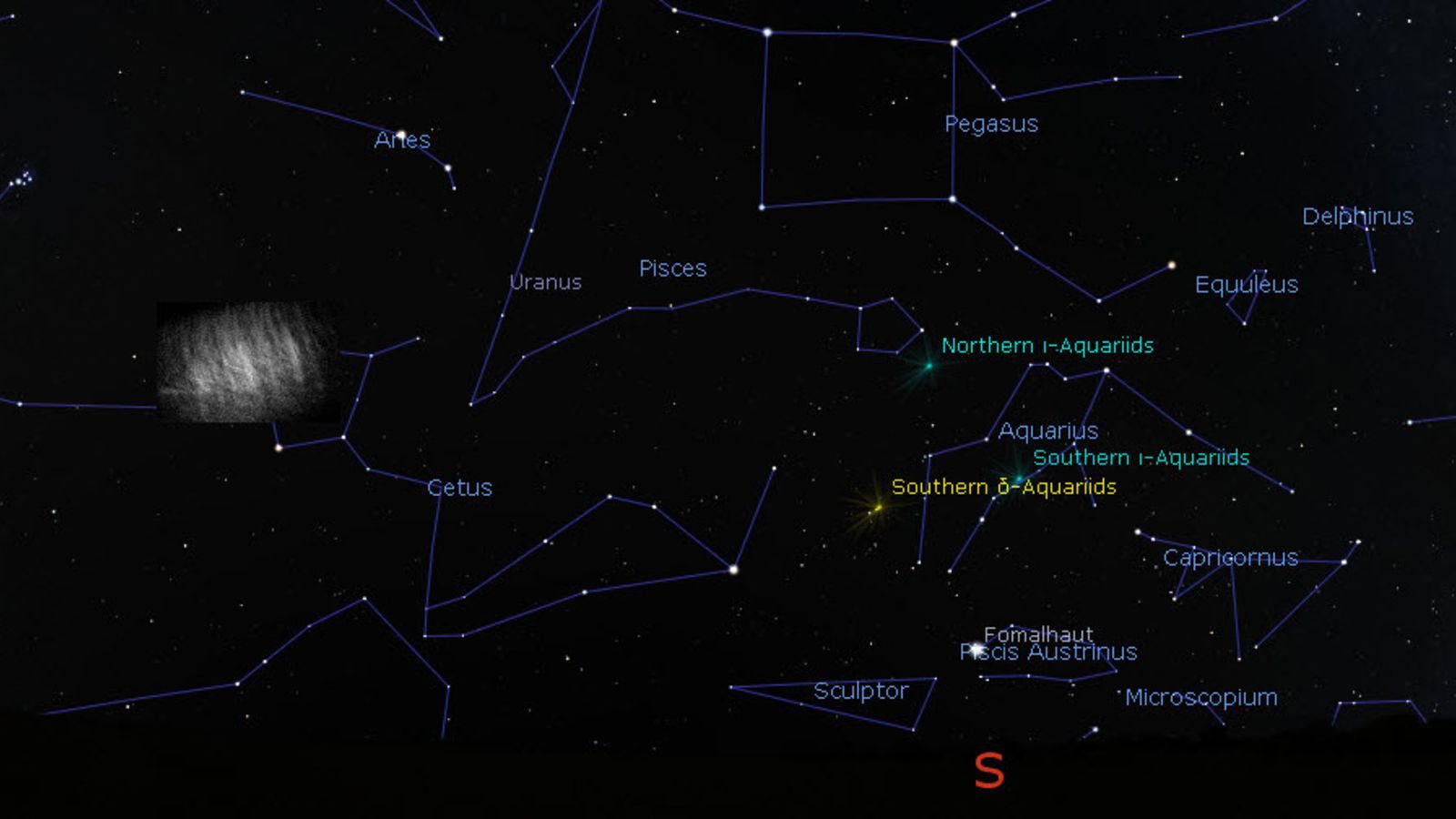
A ghostly dust satellite or two might be orbiting the Earth, according to new research building on a 60-year-old idea.
Massive objects attract one another through the force of gravity. But when you have multiple huge objects with just the right masses, their mutual gravitational field can introduce some anomalies—like gravitational points that can hold things stable. Scientists have found objects orbiting in these “Lagrange points” created by the combined gravity of the Sun and Mars, the Sun and Neptune, and the Sun and Jupiter. Researchers are now reporting evidence of dust clouds, called Kordylewski dust clouds, in the Lagrange points created by the Earth and the Moon.
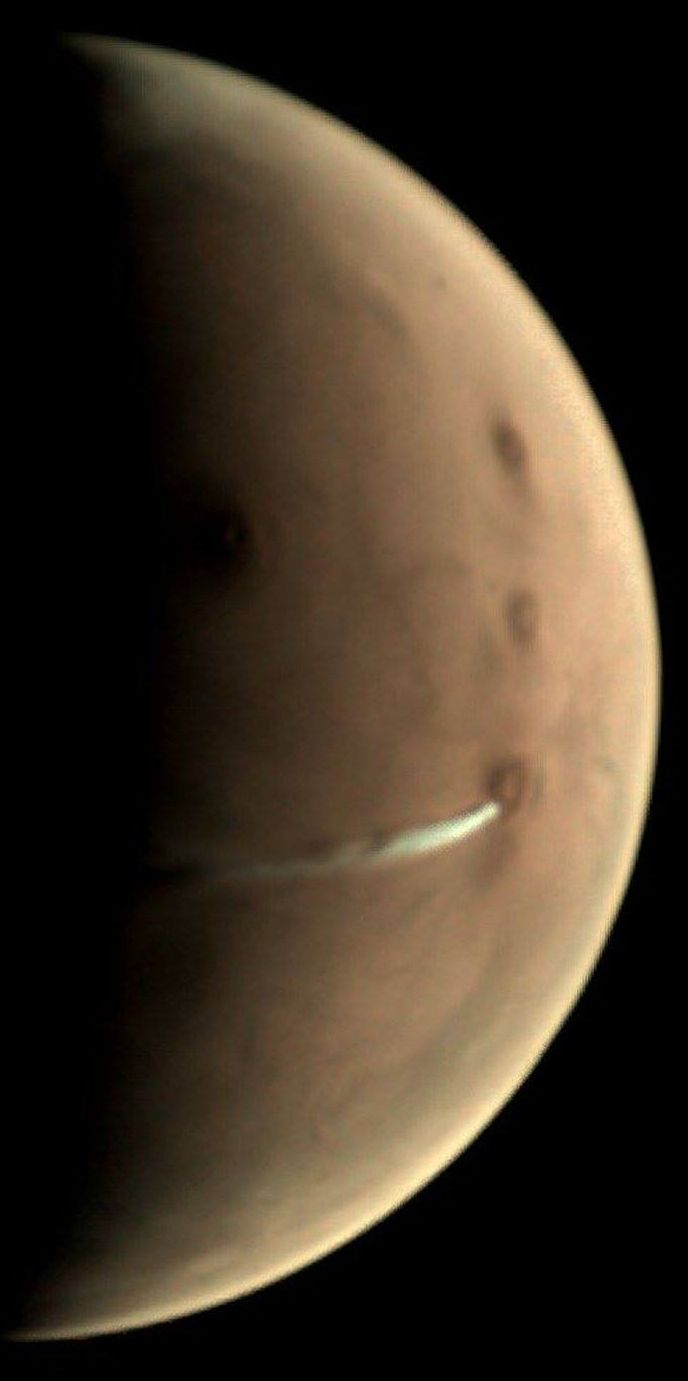
There’s a Strange Cloud on Mars Right Now, and It’s Just Hanging Around — For more than a month now, a European orbiter circling Mars has been watching a long, plume-like cloud on the Red Planet. The cloud has remained in place over a mountain called Arsia Mons near the Martian equator since Sept. 13, according to a statement released by the European Space Agency (ESA). But that location is just a coincidence, the agency adds. No volcanic process is producing the cloud — the volcano hasn’t been active in about 50 million years…at: https://www.space.com/42257-strange-mars-cloud-on-mars-phot…